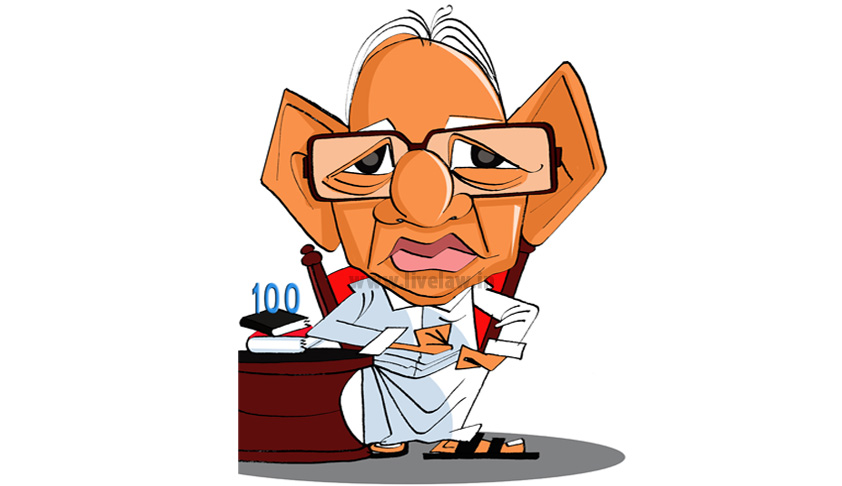- Home
- /
- Cover Story
- /
- The Judicial Conscience of India,...
The Judicial Conscience of India, Justice V.R. Krishna Iyer turns 100
Apoorva Mandhani
15 Nov 2014 6:30 AM IST
Justice V.R. Krishna Iyer, the man who is considered as the “judicial conscience of India”, the one responsible for “humanizing law in India”, turned 100 this month, achieving milestones and setting new ones, throughout the journey.Our country has had several intellectually enlightening judges. Their opinion and insight has sculptured the progression of justice in the country. But...
Next Story



